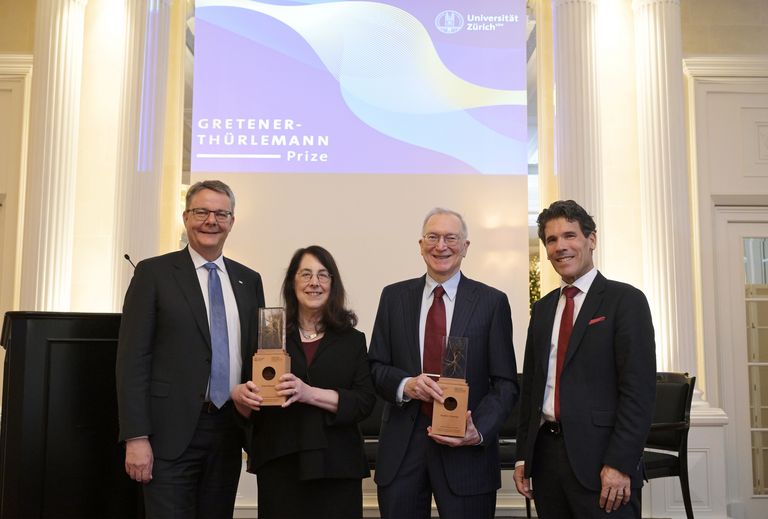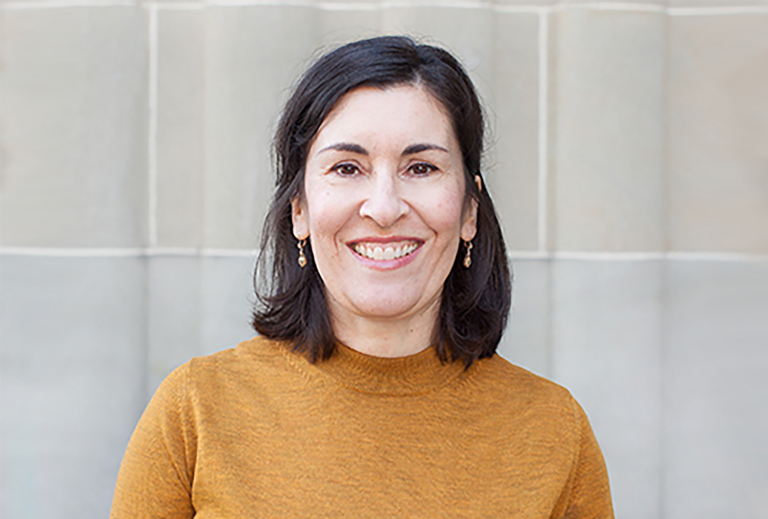From 2022 to 2023, Paola Cerrito was an early-career fellow at the Collegium Helveticum. In May 2025, the evolutionary anthropologist began a new chapter as a tenure-track assistant professor of human evolution at the University of Zurich. Her journey from PhD to professorship exemplifies the transformative potential that an interdisciplinary fellowship at an institute of advanced study such as the Collegium can hold.
Broadening horizon
Paola Cerrito was in the final stages of her PhD in evolutionary primatology at New York University when she was thinking about applying for an early-career fellowship at the Collegium Helveticum. “I was eager to broaden my expertise beyond the narrow scope of my doctoral research and the opportunity to engage in independent and interdisciplinary research,” Paola explains her interest in the Collegium.
The Collegium Helveticum is an institute for advanced study, supported by the University of Zurich, ETH Zurich, and the Zurich University of the Arts. Each year, it hosts up to forty international fellows who pursue their own projects and exchange across disciplines. For postdoctoral scholars such as Paola, it offers a unique chance to take their own research into a new direction.
During her PhD, Paola analyzed chemical signatures in fossil teeth and bones, treating them as medical records of our extinct ancestors to investigate when life-history traits such as short inter-birth intervals or prolonged lifespans first emerged. In coming to the Collegium, she wanted to focus more on the interplay between life-history and brain development, cognition, and communicative correlates. In this, Paola was specifially interested in the relative timing of social interactions and brain formation in allowing for the emergence of our striking socio-cognitive abilities.
“Search committees emphasized the breadth and independence of my research— qualities nurtured by the experience at the Collegium.”
Paola Cerrito
A rare opportunity
“I doubt I could have broadened or shifted my research focus so effectively without the Collegium Helveticum fellowship,” Paola says. The Collegium fellowship proved to be a transformative experience in multiple ways. It allowed Paola to embark on an independent research project right after completing her PhD—a rare opportunity in the life sciences. It also enabled her to establish valuable collaborations in Zurich, fostering connections not only with her associate fellow at the University of Zurich but also with scholars outside her immediate field. This interdisciplinary engagement broadened her perspective and helped frame her research in ways that resonated far beyond evolutionary biology and anthropology.
Learn more: Collegium Helveticum



